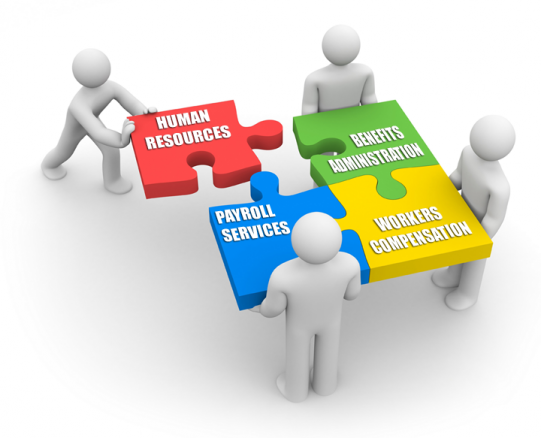It is no mystery that one of our nation’s challenges is related to our ability to deploy a bench strength of leaders – leaders are in demand for public and private service, in social, business and even spiritual affairs. After all, if we are going somewhere (somewhere better), someone must lead us.
For those heading organizations, how does one go about discovering potential new leaders, anyways? Do you look for personality, education, work ethic, passion, creativity? Or perhaps good looks? Years ago, a middle manager who reported to me commented on the humble car I was driving (a 1999 Honda Accord LX, which I still own and love!). This young aspiring leader said: “You know, you have to upgrade your car because it’s just not motivating me to aspire to move up the ladder! You should be driving a bimma!” Needless to say, his expectation of what a leader should be initially took me by surprise. Perhaps we should add yet another characteristic of leaders: “Must Drive Fancy Cars!” Ahhh, don’t we wish it was that simple…
Since before the rise of the Industrial Revolution, this matter of selecting leaders has been asked over and over. Peter Drucker, known as the ‘founder’ of modern management point out that “productivity of work is not the responsibility of the worker but of the manager.” So if you are a business owner, finding the next leader is crucial to the success and sustainability of your business. Here are a few guidelines that can take the mystery out of your search for the next leader:
Potential leaders are marked by the following in their daily activity:
- They put Integrity first, and here’s what it looks like. Integrity is not an airy-fairy concept. It means the candidate has a keen sense of what is right which is demonstrated in how he treats co-employees and the company’s customers. H/she will naturally approach business decision making by weighing how to ‘do-right’ by the customer, the employee, the Company and the community. This habit by yield’s a consistent reliable approach and by it’s very nature engender TRUST, the very thing that keeps customers loyal, employees from leaving, and curries favor from stakeholders including those in the wider community. That’s measurable value!
- They thrive on being the one held accountable; not necessarily the one in charge. I recently performed a stay interview with one of my own staff members, asking her to describe her ideal job and work environment. “Ideally, do you prefer to work behind the scenes, or as part of the team, or do you prefer to be the ‘front man’ who own the success or failures of projects and initiatives?” She shook her head vigorously at the notion of being the one in front, and I appreciated her honesty and candor (BTW, she is an excellent SME and a high-performer). Her response is a reminder of the innate differences in passion and desire residing in each person. Your next leader is the one who assumes responsibility whenever there’s a mess so that s/he can lead the clean up effort!
- They place a high value on Relationships. As the old adage says all “Business moves at the speed of trust” and if this is the case, relationships are both the fuel and the machine! Let’s face it, Customer Relations, Employee Relations, Community and general communications are all based on managing relationships. Looking for a Leader? Look for the person who naturally keeps commitments to his peers, seeks for clarification and understanding when changes are rolling out, and who values the voice and experience of others, genuinely.
These are indicators that can be spotted in persons day-to-day routine. They are internal characteristics that indicate who they are as a person in the NOW, so there is no guesswork in how they will act once they are given the title. And less guesswork = less risk, which is always good for business.
Read more
http://www.jamaicaobserver.com/career-education/how-to-spot-the-leader-in-hiding_142421?profile=1270














